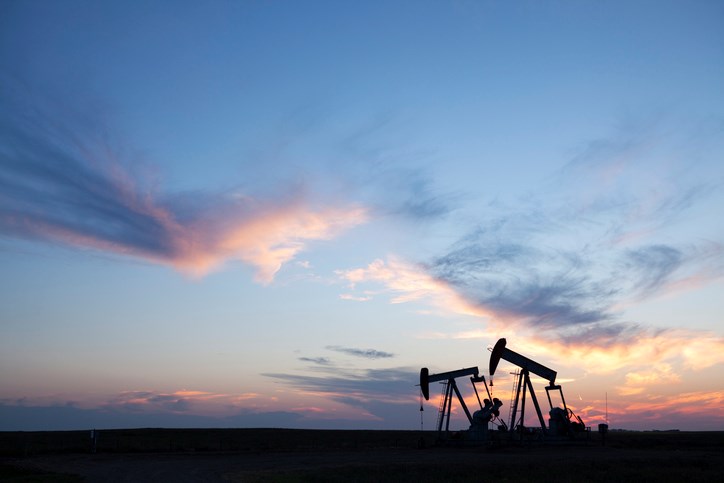Canada is at a crossroads. The economy has been slow to grow, inflation continues to bite Canadians’ paycheques, and we aren’t creating enough well-paying jobs to keep up with a growing population.
This analysis is borne out in the numbers. The Organization for Economic Cooperation and Development (OECD) is projecting that Canada’s economy will trail all 38 of its member countries this decade. Dead last. Over the past five years, Canada’s per capita GDP – a vital measure of productivity – has remained flat while the average growth of all countries was 5.6 percent, with U.S. per capita GDP growing 9.3 percent and resource-rich Australia up 4.8 percent.
As other countries increase productivity, Canada is falling behind. This makes it more expensive for Canadians to purchase goods and keeps paycheques lower than in other countries.
Investment in and the construction of major projects are key drivers of productivity growth. However, Canada falls behind in this area. A report by consulting firm Advisian for the Canadian Association of Petroleum Producers (CAPP) revealed that the process for approving major projects in Canada is slower than in Germany, Australia, the United States, the U.K., and Sweden.
It is time to start playing to our strengths.
Oil and natural gas currently account for more than half of the global energy supply. A recent RBC report projected that, by 2035, the world will need to add another United States’ worth of energy production just to meet the energy needs of a growing global population.
As the fourth-largest oil producer and the fifth-largest natural gas producer in the world, Canada needs to capitalize on this opportunity. The Montney Basin, which spans northeastern B.C. and northwestern Alberta, alone contains enough natural gas to supply all Canada’s needs for the next 140 years. Our oil reserves are larger than Russia’s.
We have more than enough resources to secure Canada’s energy needs and play a significant role in the energy security of our allies through exports. We also produce oil and natural gas with some of the highest environmental, emissions, and human rights standards in the world.
The benefits of exporting our energy resources are significant. For the second year in a row, investment from the Canadian oil and natural gas industry is expected to reach $40 billion. Oil and natural gas exports make up 20 percent of the country’s total value of trade.
The oil and natural gas sector is among the country’s most productive; in 2022, the dollar value per working hour in oil and natural gas extraction was $387 – six times the average of all industries.
The industry’s supply chain stretches across the country, reaching thousands of businesses in every province and supporting over 400,000 jobs for Canadians. In addition to being one of the country’s largest employers of Indigenous people, almost $4 billion of Indigenous equity positions have been taken in oil and natural gas projects since 2017.
Last year, governments across Canada received over $45 billion from oil and natural gas through royalties, taxes, and other fees. This revenue helps operate hospitals, pay teachers, run critical social programs, and support the arts, contributing to Canadians’ high quality of life.
Moreover, there is potential for further opportunities.
Canada is already a producer of some of the lowest-emission natural gas and offshore oil with the lowest emission intensity worldwide. And, as one of Canada’s largest investors in clean technologies, the sector is continually working to reduce emissions.
Emissions from the oil and natural gas production peaked in 2015. Since 2012, the conventional upstream sector lowered CO2 equivalent emissions by 24 percent while growing production by 21 percent. In addition, along with governments, the country’s six largest oil sands companies are proposing to invest $24 billion in emissions reduction projects by 2030 and are targeting net zero emissions from operations by 2050.
Canada has what it takes to be a global energy superpower: the resources, talent, technology, and a growing global market for our responsibly produced products. We can do this while supporting the drive to lower the world’s emissions.
To make this a reality, we need to recognize the world needs oil and natural gas today and for the foreseeable future. We need a pragmatic, globally competitive policy environment that attracts investment and encourages further decarbonization innovation.
We need to support nation-building projects, like LNG export facilities and carbon capture, that create high-paying jobs, enhance Canadians’ paycheques and build on our strength as a resource developer and exporter.
And we need to be proud of Canada’s role as a responsible developer and provider of natural resources for the world.
Lisa Baiton is the President & CEO of the .
©




